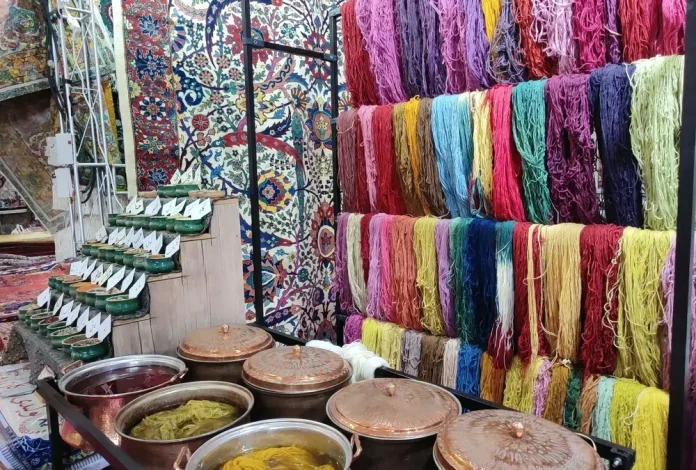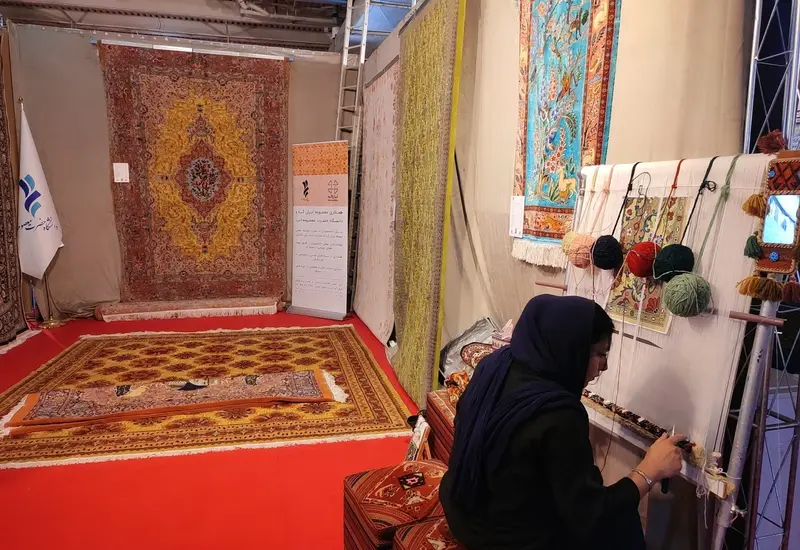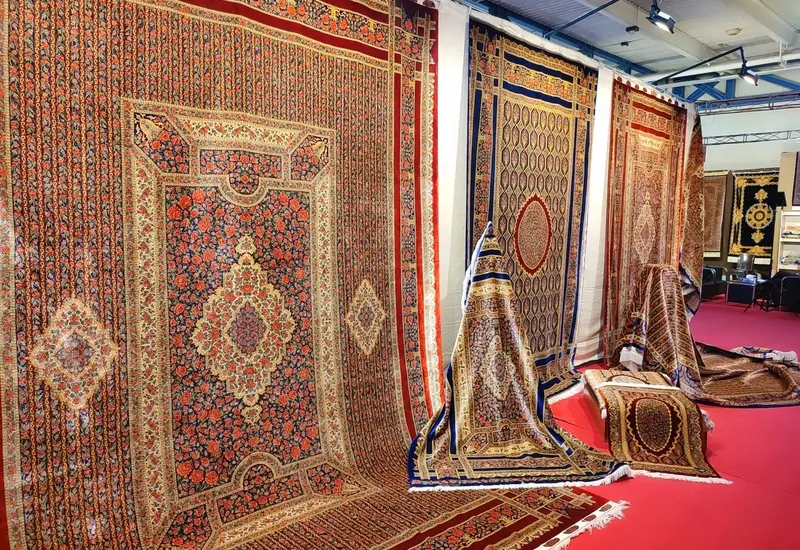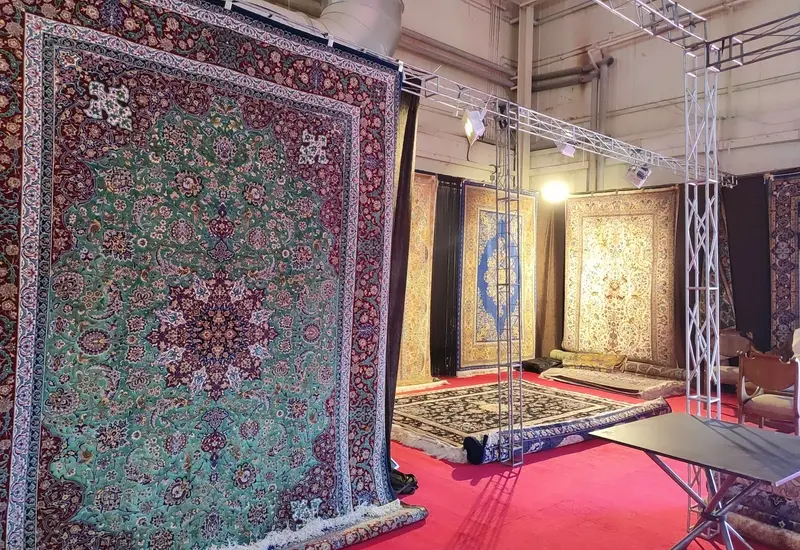Iran’s renowned handwoven carpet industry is grappling with an unprecedented crisis as exports plummet from $426 million in 2017 to less than $40 million in 2024. This 90% decline, attributed to sanctions, economic policies, and regional competition, has prompted government action to revive the sector.
Morteza Haji Aghamiri, chairman of the Carpet Commission at Iran’s Chamber of Commerce, highlighted the dire situation, noting that Persian carpets, once a $2 billion export powerhouse in 1994, have hit a historic low. By 2019, exports had fallen to $69 million, further collapsing to $2 million in the second quarter of 2020. The US market, which accounts for 44% of global carpet imports, has largely shifted to Indian suppliers, eroding Iran’s traditional dominance.
Sanctions and restrictive currency policies, such as the now-repealed foreign exchange commitment that mandated exporters to return earnings within a fixed period, have hindered Iran’s carpet exports. While the policy’s removal offered some relief, competition from India, Turkey, and Afghanistan continues to exacerbate the decline. Afghan carpets, bolstered by pre-2021 US investments, have also entered the Iranian market, often mislabeled as Persian rugs, further complicating the industry’s recovery.
The fallout has been severe for Iran’s rural economy, where carpet weaving traditionally provides significant employment. The loss of over two million jobs in the sector has compounded unemployment challenges. Aghamiri also criticized the lack of social protections for weavers, leaving many without wages or benefits.
In response, Foreign Minister Abbas Araghchi announced plans to establish a special committee to address these challenges. Speaking at the 31st Tehran International Handwoven Carpet Exhibition, Araghchi emphasized the importance of exports to the industry’s survival and called for easing export regulations. The Foreign Ministry has directed embassies to promote Iranian carpets abroad, while a comprehensive government policy is being developed to support the sector.
With the possibility of renewed sanctions under US President-elect Donald Trump, the success of these initiatives remains uncertain. However, officials hope targeted interventions and international outreach can restore the global prominence of Iran’s iconic handwoven carpets.







